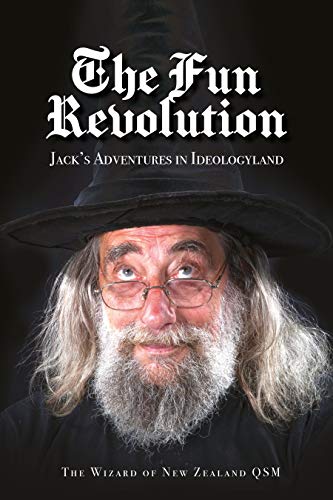Social Darwinism and the End of Belief in God
The Pax Britannica had produced a long period of comparative peace until aggressive Russian territorial expansionism and land-based Germany’s threatening challenge to maritime Britain’s naval supremacy led to the first great Nationalist war which was fought with similar fanaticism to that of the Thirty Years war between Catholics and Protestants which had fatally weakened belief and trust in sophisticated theological teachings concerning the immortal soul.
In the Nineteenth Century the publication of Darwin’s chance-driven mechanistic explanation for the creation and appearance of the natural world had led to the destruction of religious explanations amongst the educated elites. Spiritualism and Eastern religions became popular and the established churches lost their confidence and even their monopoly of tertiary education. New ideologies based on “survival of the fittest” encouraged both fanatical nationalism and reaction into crude biblical fundamentalism stripped of universal reciprocal love.
The Treaty of Versailles that followed the Allies victory against Germany was a complete disaster. “The War to End All Wars” had led to “The Peace to End All Peace”. The victors quarrelled over the spoils, turned the Middle East into a tinder box, impoverished the Germans who had come under the control of Prussian militarists, and misled by America’s old fashioned and impractical enlightenment beliefs, started “nation building”. An impotent international assembly was established. This time the destruction of traditional monarchies had gone too far for restoration and most European nations followed rationalist France and America into establishing secular republics.
Dictatorships of Spin Doctors
The economic collapse of Germany threw up another Napoleon. This time it was a not a talented military officer but a charismatic Austrian corporal living on the streets who was inspired by the earlier example of Mussolini, a pioneering political spin doctor. As a left wing journalist and political opportunist Mussolini had grasped that military skill was not essential for a coup. Like Luther and the Russian Bolsheviks he realised the best way to establish and maintain an authoritarian regime was to make use of emotionally arousing propaganda in the new mass media of the time. With strict censorship of alternative opinions Rousseau’s General Will could be directed with great precision. Like the Papacy and its Holy Roman Emperor earlier, Mussolini appealed to the fantasy that the people of Italy could inherit the mantle of the invincible Romans, accordingly he named his political creation the Fascist Party.

